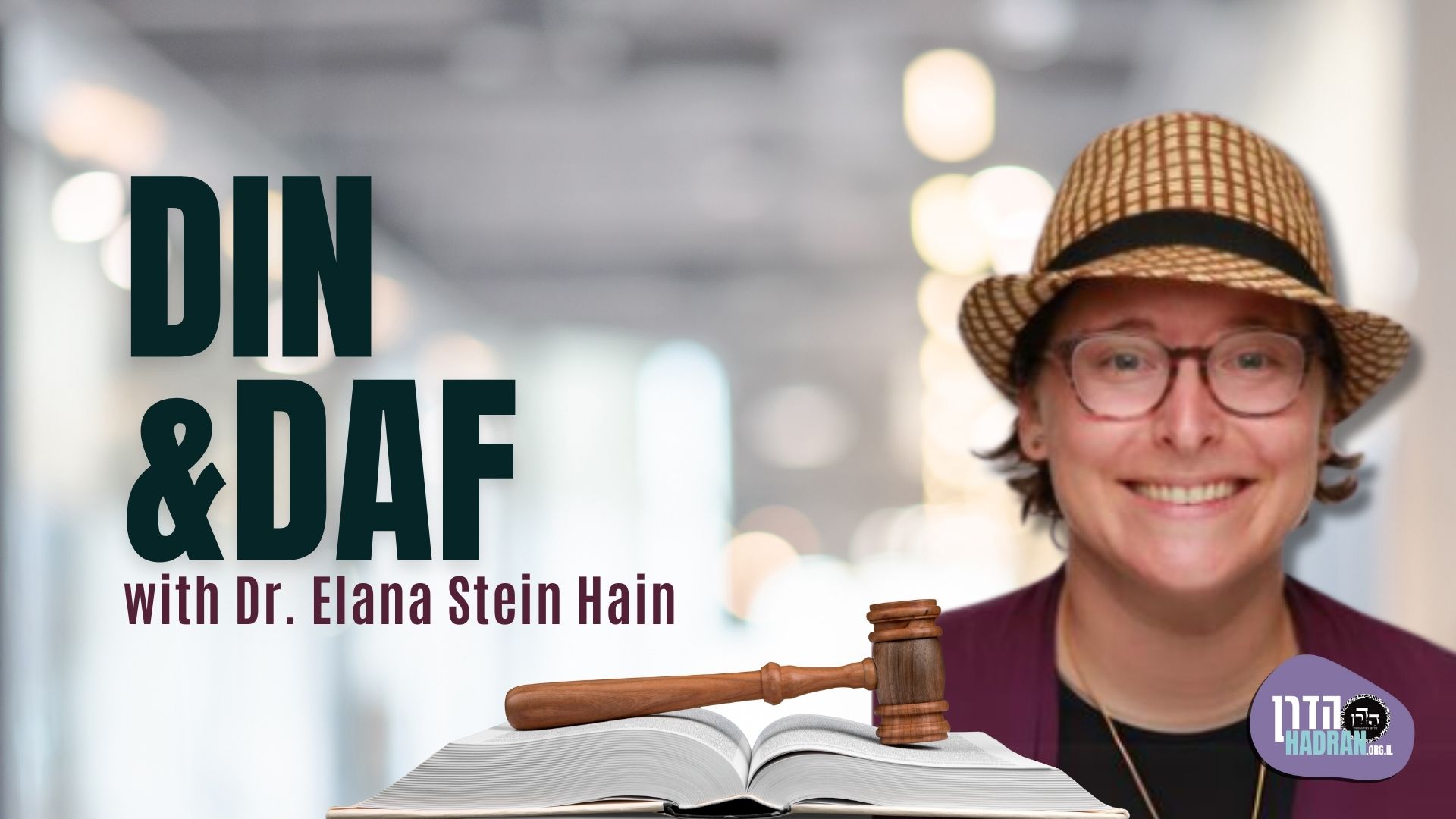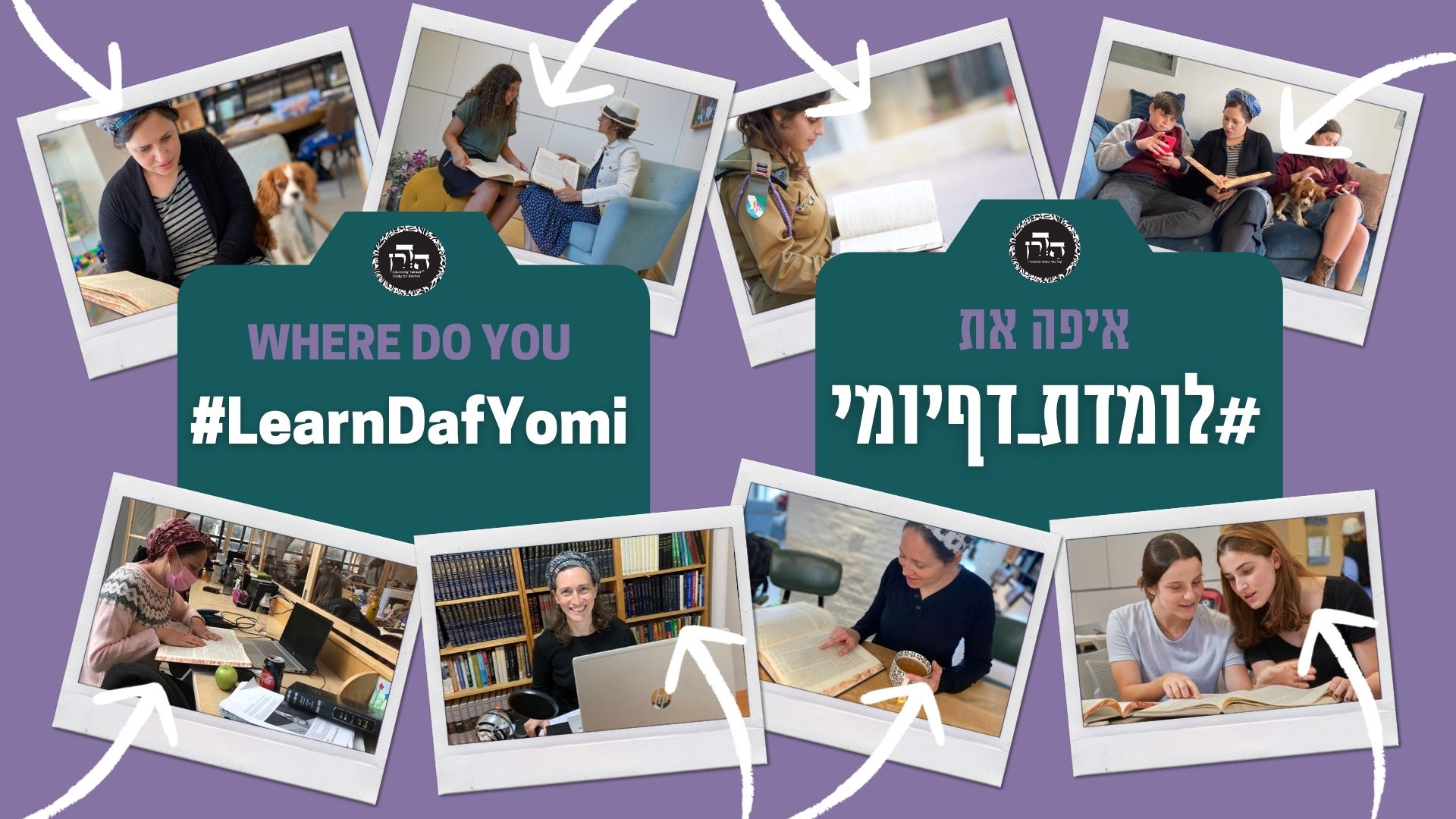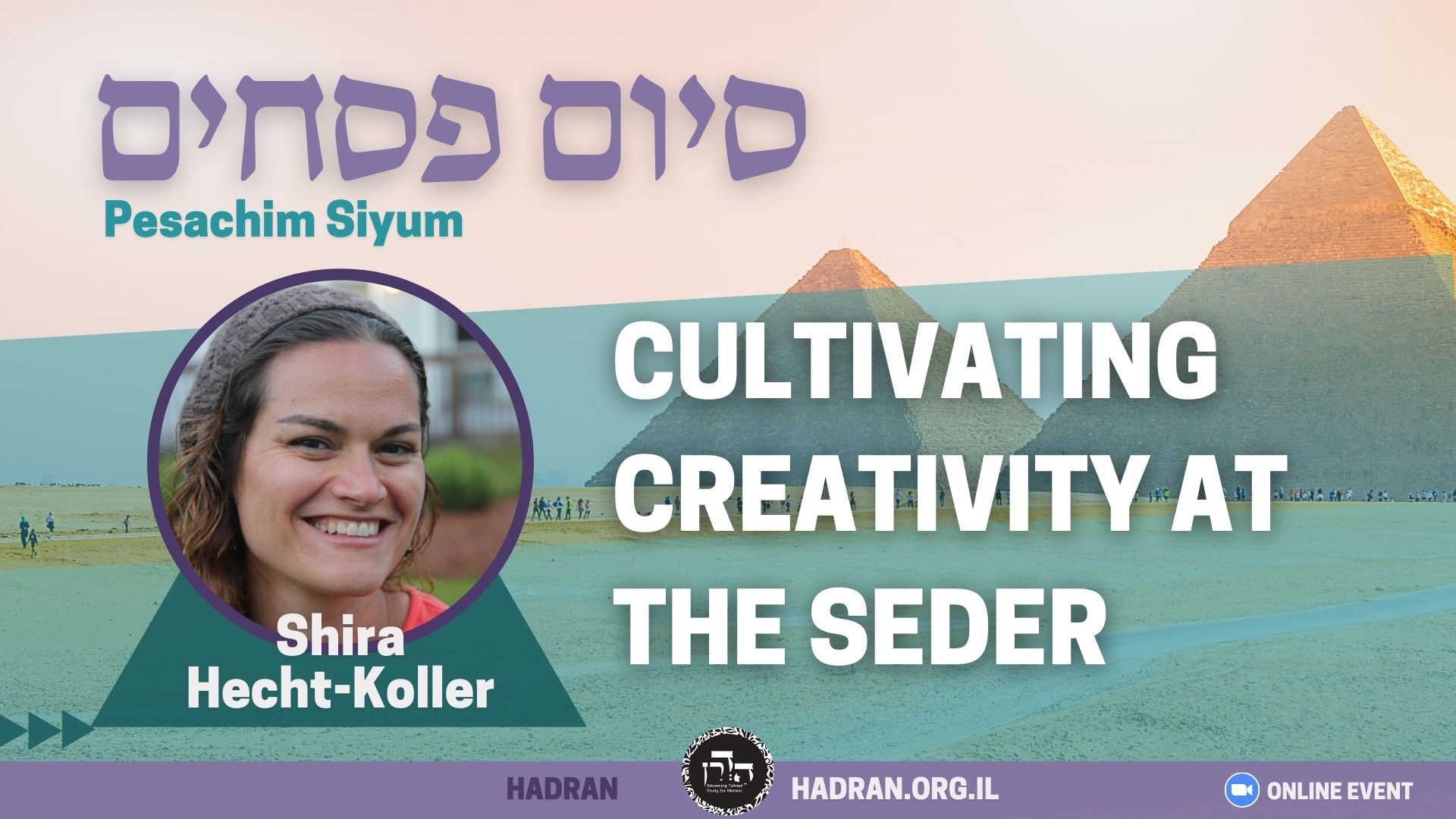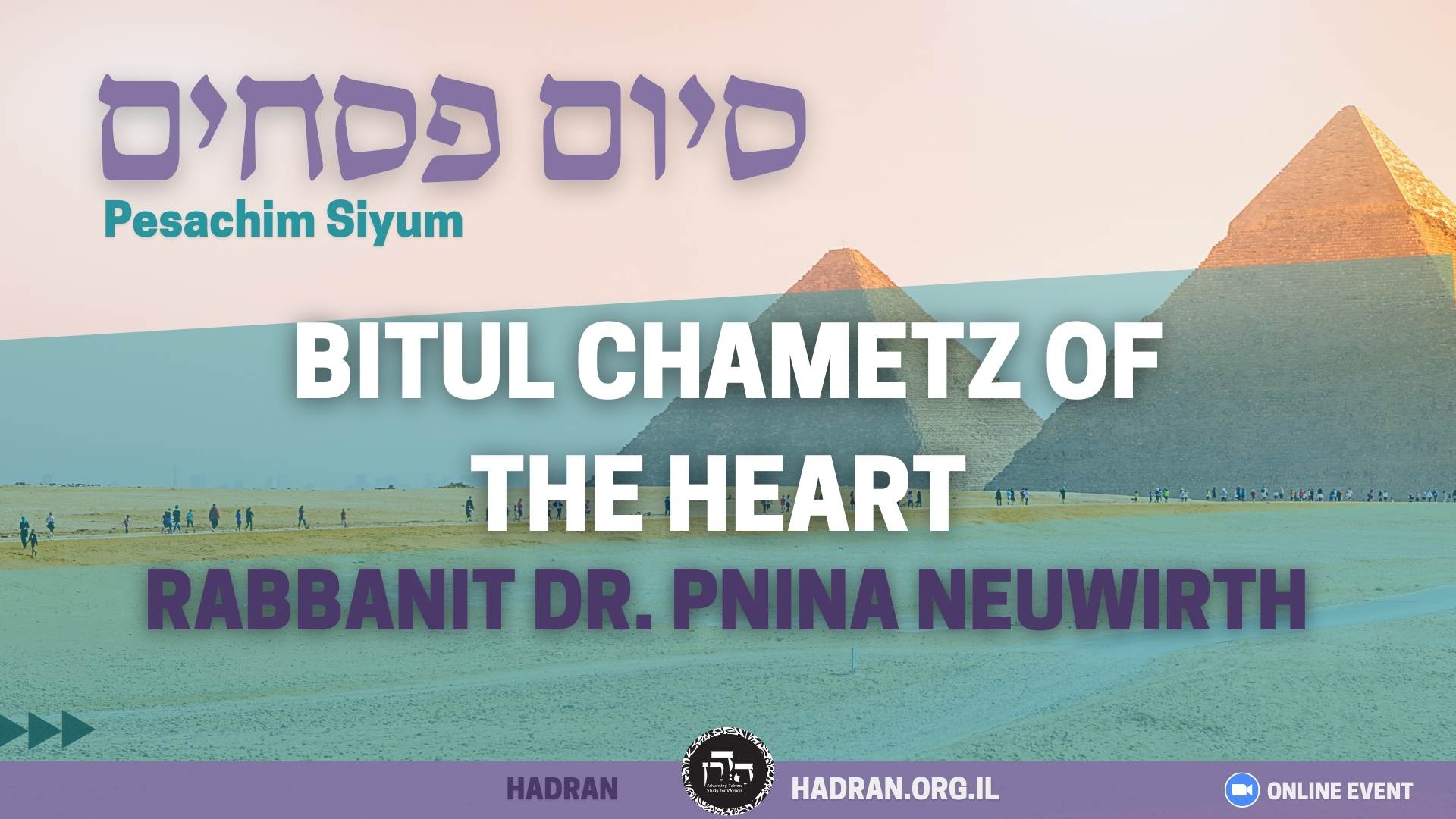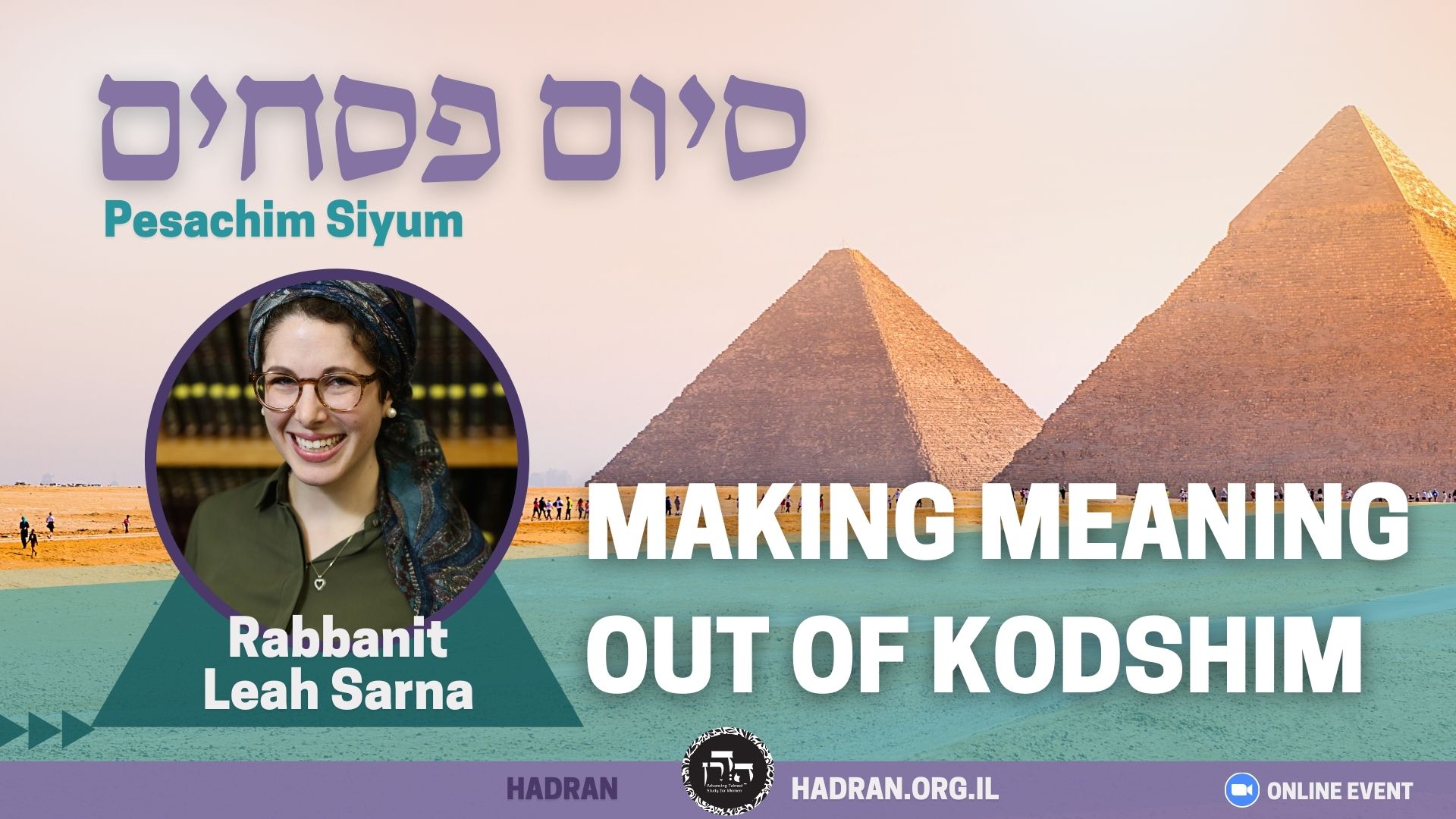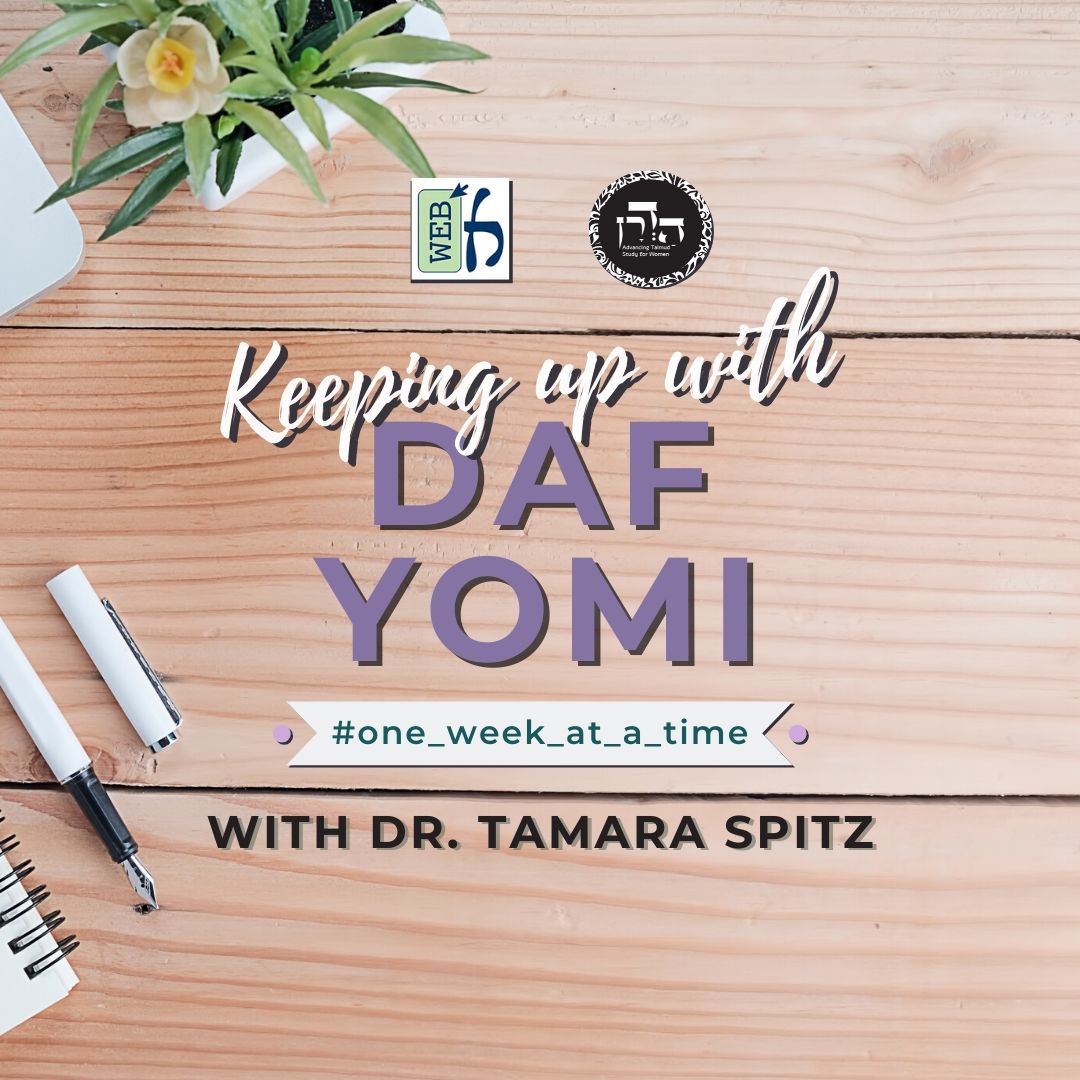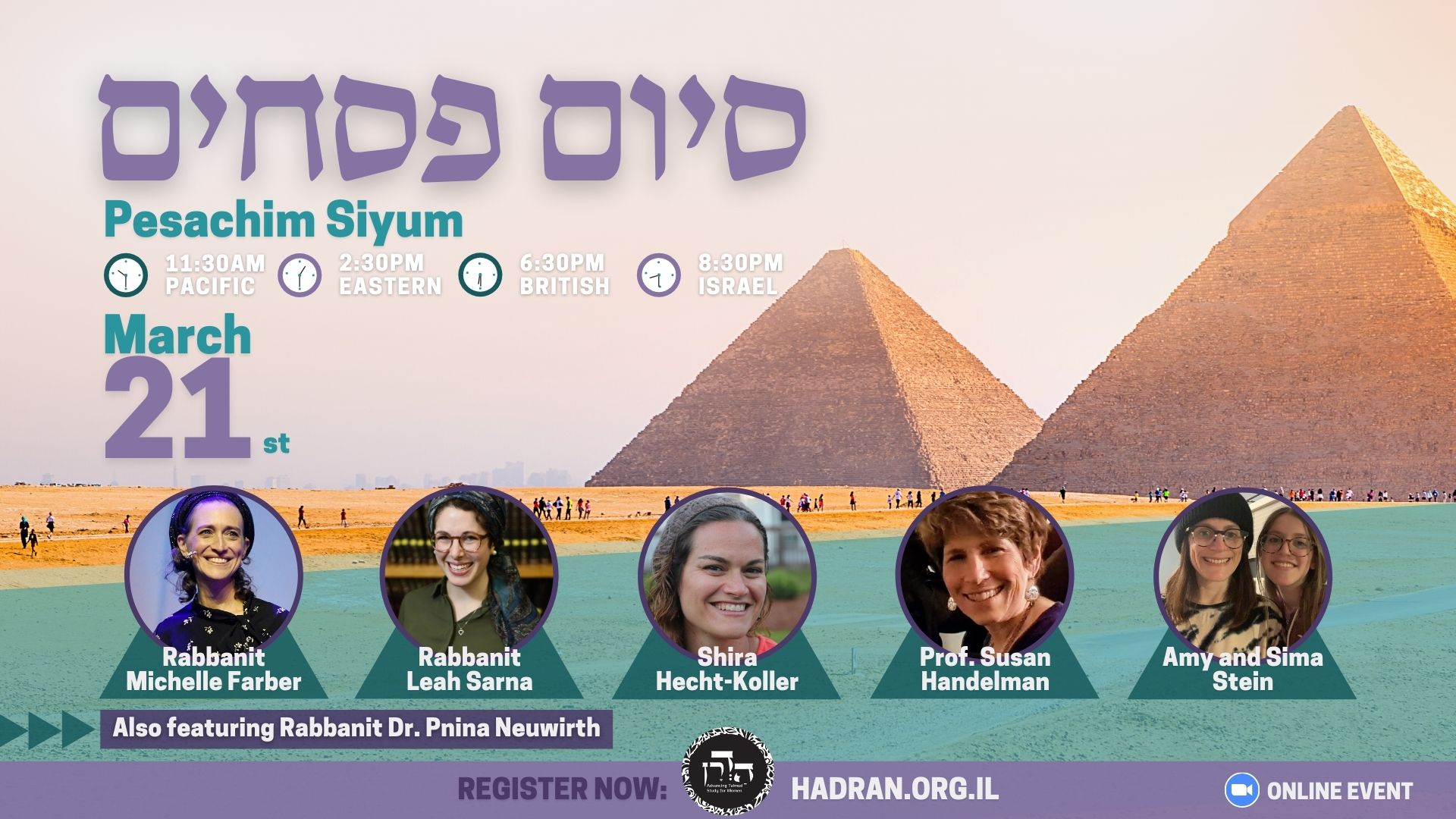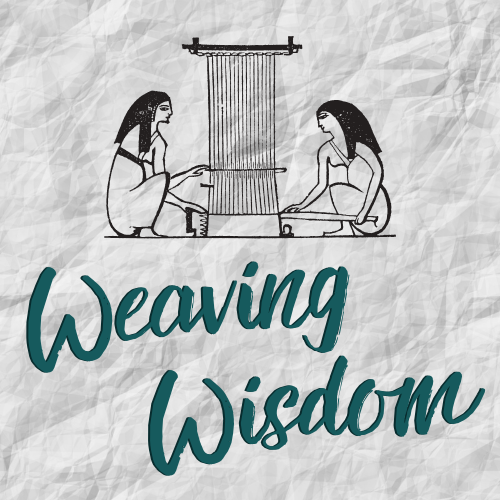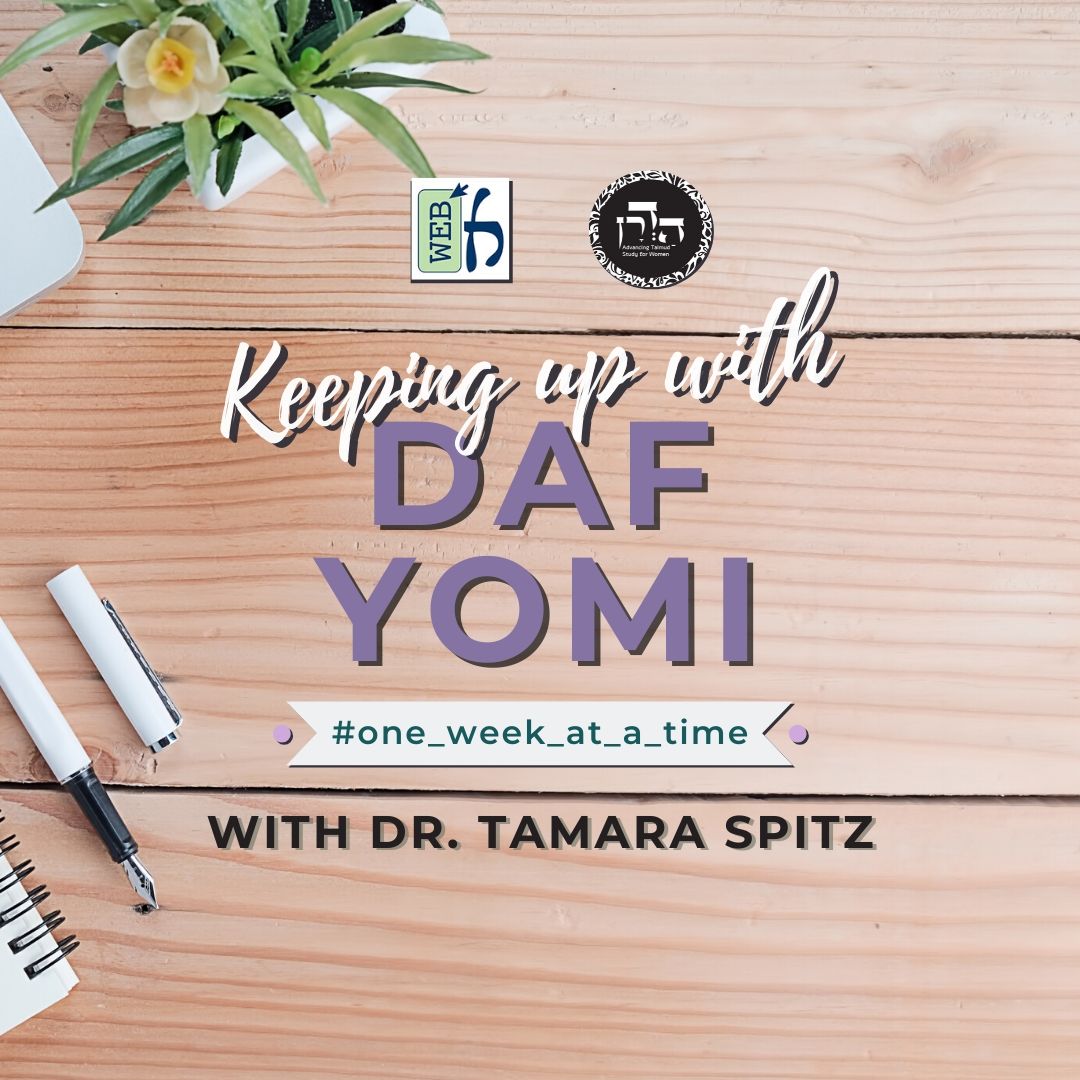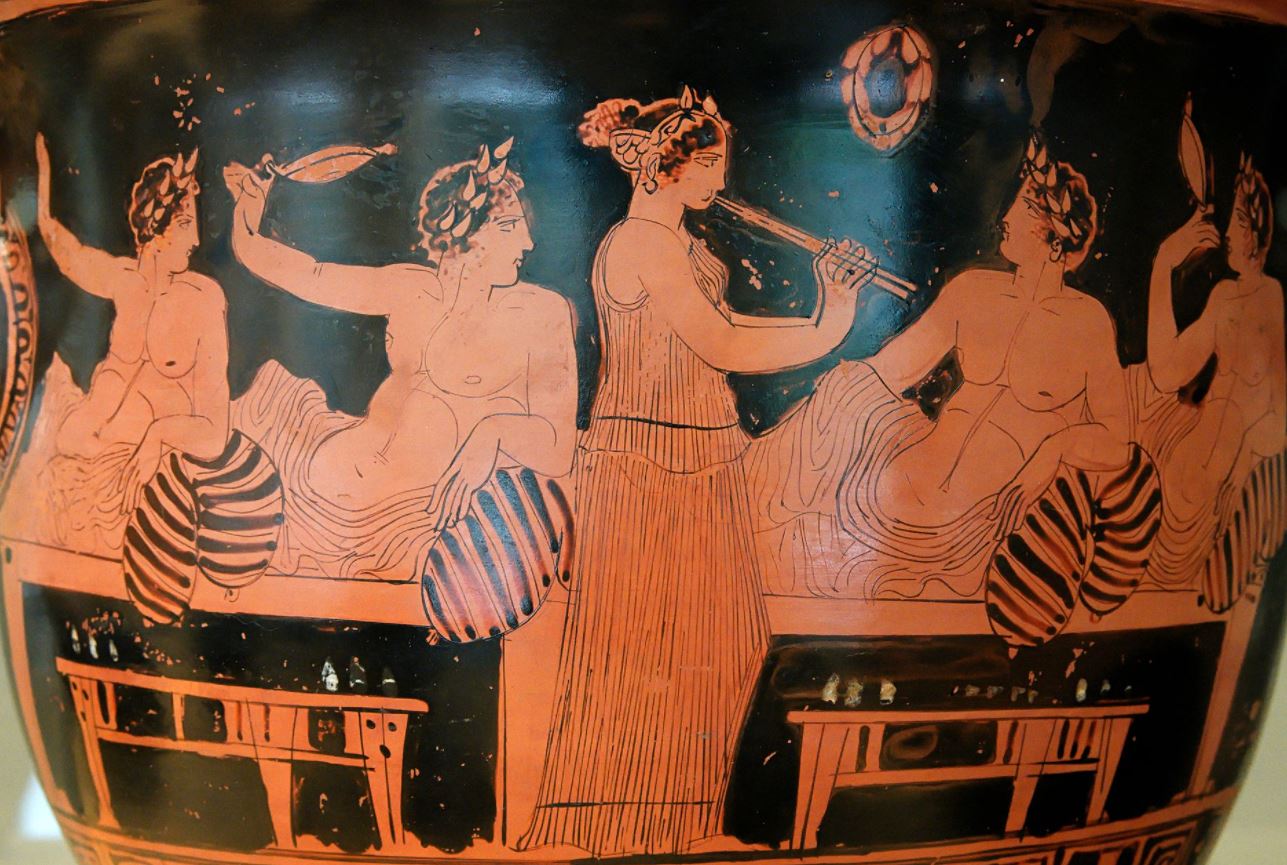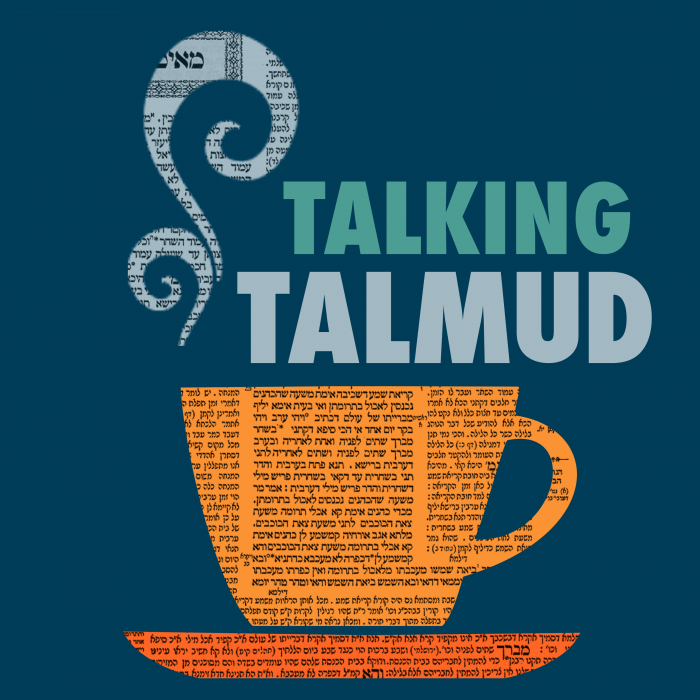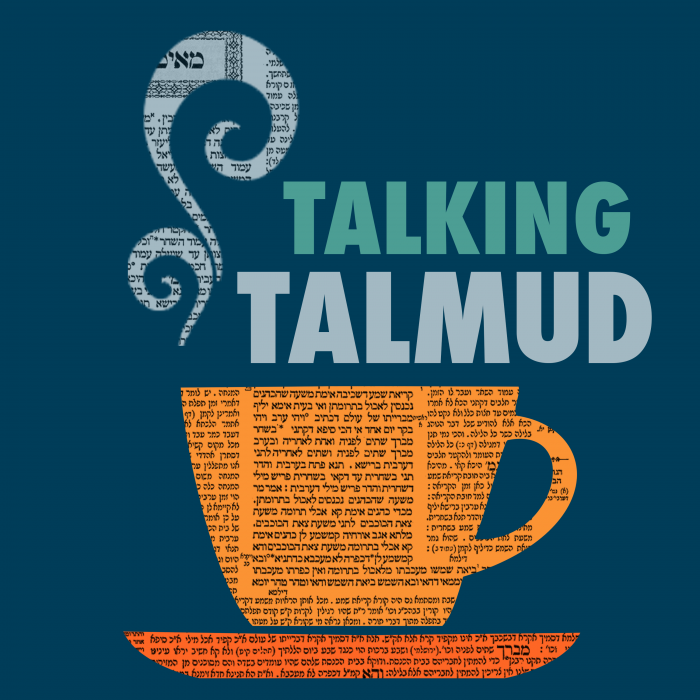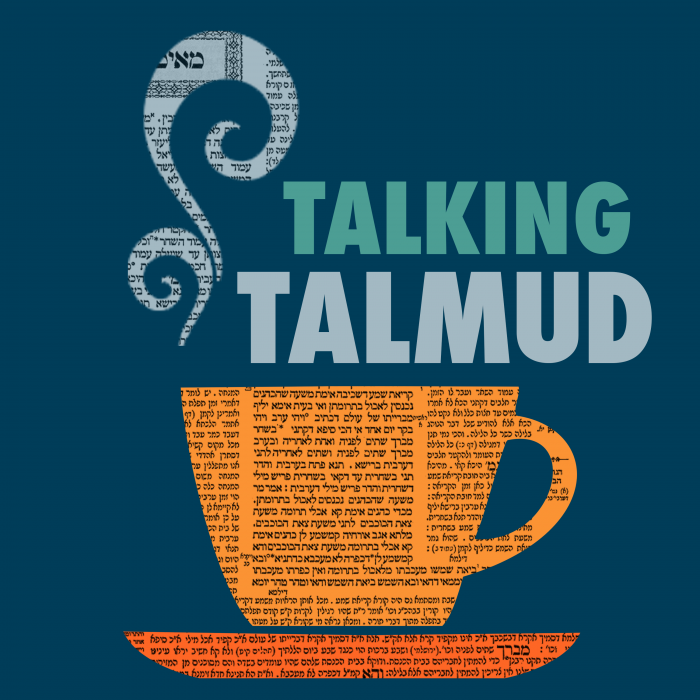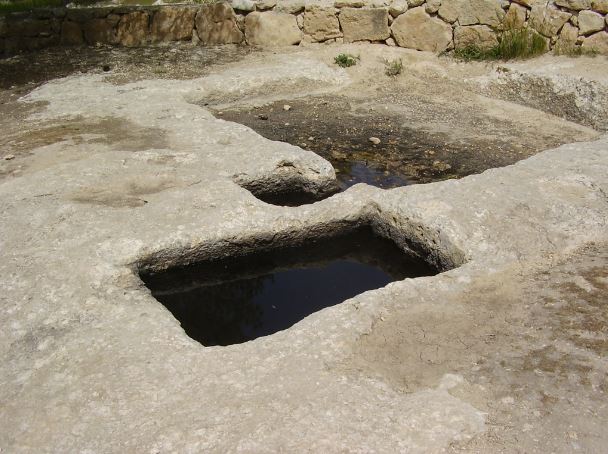Pesachim 106
וּשְׁמַע מִינַּהּ: אוֹמֵר שְׁתֵּי קְדוּשּׁוֹת עַל כּוֹס אֶחָד. וּשְׁמַע מִינַּהּ: בֵּית שַׁמַּאי הִיא, וְאַלִּיבָּא דְּרַבִּי יְהוּדָה.
And learn from it that if one has only one cup of wine, he may recite two sanctifications over one cup, as the baraita states that one may recite two entirely unrelated blessings over a single cup. And learn from it that this baraita is according to the ruling of Beit Shammai, in accordance with the explanation of Rabbi Yehuda, who says that Beit Shammai maintain that one should recite the blessing over fire before the blessing over spices.
רַב אָשֵׁי אָמַר: טְעָמוֹ פְּגָמוֹ וְכוֹס שֶׁל בְּרָכָה צָרִיךְ שִׁיעוּר — חֲדָא מִילְּתָא הִיא.
Rav Ashi said: On close examination, two of the inferences from the baraita, the ruling that once one who has tasted the cup has disqualified it and the ruling that a cup of blessing requires a specific minimum measure, are actually one matter and should not be counted separately.
וְהָכִי קָאָמַר: מַאי טַעְמָא טְעָמוֹ פְּגָמוֹ? מִשּׁוּם דְּכוֹס שֶׁל בְּרָכָה צָרִיךְ שִׁיעוּר.
Rav Ashi elaborates: And this is what the baraita is saying: What is the reason that once one has tasted the cup he has disqualified it from further usage as a cup of blessing? It is because a cup of blessing requires a specific minimum measure. Once one has tasted, there is not enough wine left in the cup. The disqualification is not because of the act of tasting itself. If enough wine remains in the cup after one has taken a sip, it may be used again as a cup of blessing. This ruling is not in accordance with the opinion of certain Sages, who maintain that sipping from the cup itself constitutes an inherent disqualification.
רַבִּי יַעֲקֹב בַּר אִידִי קָפֵיד אַחַצְבָּא פְּגִימָא. רַב אִידִי בַּר שִׁישָׁא קָפֵיד אַכָּסָא פְּגִימָא. מָר בַּר רַב אָשֵׁי קָפֵיד אֲפִילּוּ אַחָבִיתָא פְּגִימְתָּא.
The Gemara relates that Rabbi Ya’akov bar Idi was particular with regard to a blemished pitcher, i.e., he would not recite kiddush or havdala with a pitcher from which someone had already taken a sip. Rav Idi bar Sheisha was particular with regard to a blemished cup. Mar bar Rav Ashi was particular even with regard to a blemished barrel and would take wine for kiddush only from a previously unopened barrel.
תָּנוּ רַבָּנַן: ״זָכוֹר אֶת יוֹם הַשַּׁבָּת לְקַדְּשׁוֹ״ — זוֹכְרֵהוּ עַל הַיַּיִן. אֵין לִי אֶלָּא בְּיוֹם, בַּלַּיְלָה מִנַּיִן? תַּלְמוּד לוֹמַר: ״זָכוֹר אֶת יוֹם הַשַּׁבָּת לְקַדְּשׁוֹ״.
The Sages taught in a baraita with regard to the verse: “Remember the day of Shabbat to sanctify it” (Exodus 20:7): Remember it over wine, through the recitation of kiddush. I have only derived that there is a mitzva to recite kiddush during the day, as the verse is referring to the day of Shabbat. From where do I derive that one must also recite kiddush at night? The verse states: “Remember the day of Shabbat to sanctify it,” which indicates that one should also remember Shabbat as soon as it is sanctified.
״בַּלַּיְלָה מִנַּיִן״?! אַדְּרַבָּה, עִיקַּר קִדּוּשָׁא בַּלַּיְלָה הוּא קָדֵישׁ, דְּכִי קָדֵישׁ — תְּחִלַּת יוֹמָא בָּעֵי לְקַידּוֹשֵׁי! וְתוּ: ״בַּלַּיְלָה מִנַּיִן תַּלְמוּד לוֹמַר: זָכוֹר אֶת יוֹם״, תַּנָּא מְיהַדַּר אַלַּיְלָה וְקָא נָסֵיב לֵיהּ קְרָא דִּימָמָא?!
The Gemara expresses surprise at this last question: From where is it derived that one must recite kiddush at night? Is this the appropriate question? On the contrary, the essential mitzva of kiddush is to sanctify the day at night, as one must sanctify the beginning of the day, i.e., Friday night; there is no reason to sanctify Shabbat in the middle of the day, i.e., in the morning. And furthermore, the continuation of the baraita states: From where do we derive the obligation of kiddush at night? The verse states: “Remember the day of Shabbat.” The tanna is seeking a source for kiddush at night, and yet he cites a verse that is referring to the day.
הָכִי קָאָמַר: ״זָכוֹר אֶת יוֹם הַשַּׁבָּת לְקַדְּשׁוֹ״ — זוֹכְרֵהוּ עַל הַיַּיִן בִּכְנִיסָתוֹ, אֵין לִי אֶלָּא בַּלַּיְלָה, בַּיּוֹם מִנַּיִן? תַּלְמוּד לוֹמַר: ״זָכוֹר אֶת יוֹם הַשַּׁבָּת״.
The Gemara answers that this is what the tanna is saying: “Remember the day of Shabbat to sanctify it” is a mitzva to remember it over wine when it begins. I have only derived the obligation to recite kiddush at night; from where do I derive that one must also recite kiddush during the day? The verse states: “Remember the day of Shabbat.” The emphasis of the word day indicates that one must recite kiddush again during the day.
בְּיוֹם מַאי מְבָרֵךְ? אָמַר רַב יְהוּדָה: ״בּוֹרֵא פְּרִי הַגֶּפֶן״. רַב אָשֵׁי אִיקְּלַע לְמָחוֹזָא, אֲמַרוּ לֵיהּ: לִיקַדֵּישׁ לַן מָר קִידּוּשָׁא רַבָּה (הַבוּ לֵיהּ).
The Gemara asks: During the day, when one does not recite the same kiddush as at night, what blessing does one recite? Rav Yehuda said: Before the meal, one brings a cup of wine and simply recites the usual blessing over wine: Who creates the fruit of the vine. The Gemara relates that Rav Ashi happened to come to the city of Meḥoza. The Sages of Meḥoza said to him on Shabbat day: Will the Master recite for us the great kiddush? And they immediately brought him a cup of wine.
סְבַר: מַאי נִיהוּ ״קִידּוּשָׁא רַבָּה״? אָמַר, מִכְּדֵי כׇּל הַבְּרָכוֹת כּוּלָּן ״בּוֹרֵא פְּרִי הַגֶּפֶן״ אָמְרִי בְּרֵישָׁא, אֲמַר ״בּוֹרֵא פְּרִי הַגֶּפֶן״ וְאַגֵּיד בֵּיהּ. חַזְיֵיהּ לְהָהוּא סָבָא דְּגָחֵין וְשָׁתֵי, קָרֵי אַנַּפְשֵׁיהּ ״הֶחָכָם עֵינָיו בְּרֹאשׁוֹ״.
Rav Ashi was unsure what they meant by the term great kiddush and wondered if the residents of Meḥoza included other matters in their kiddush. He thought: What is this great kiddush to which they refer? He said to himself: Since with regard to all the blessings that require a cup of wine, one first recites the blessing: Who creates the fruit of the vine, I will start with that blessing. He recited: Who creates the fruit of the vine, and lengthened it to see if they were expecting an additional blessing. He saw a particular elder bending over his cup and drinking, and he realized that this was the end of the great kiddush. He read the following verse about himself: “The wise man, his eyes are in his head” (Ecclesiastes 2:14), as he was alert enough to discern the expectations of the local residents.
אָמְרִי בְּנֵי רַבִּי חִיָּיא: מִי שֶׁלֹּא הִבְדִּיל בְּמוֹצָאֵי שַׁבָּת — מַבְדִּיל וְהוֹלֵךְ בְּכׇל הַשַּׁבָּת כּוּלּוֹ. וְעַד כַּמָּה? אָמַר רַבִּי זֵירָא: עַד רְבִיעִי בְּשַׁבָּת.
As stated above, the sons of Rabbi Ḥiyya say: One who did not recite havdala at the conclusion of Shabbat may recite havdala anytime over the course of the entire week. The Gemara asks: And until how many days of that week have passed may one still recite havdala? Rabbi Zeira said: Until the fourth day of the week, Wednesday, after which it is no longer considered the same week as the previous Shabbat.
כִּי הָא דְּיָתֵיב רַבִּי זֵירָא קַמֵּיהּ דְּרַב אַסִּי, וְאָמְרִי לַהּ רַב אַסִּי קַמֵּיהּ דְּרַבִּי יוֹחָנָן, וְיָתֵיב וְקָאָמַר: לְעִנְיַן גִּיטִּין, חֲדָא בְּשַׁבְּתָא תְּרֵי וּתְלָתָא — בָּתַר שַׁבְּתָא. אַרְבַּע וְחַמְשָׁא וּמַעֲלֵי יוֹמָא — קַמֵּי שַׁבְּתָא.
This is like that ruling of halakha stated when Rabbi Zeira sat before Rav Asi, and some say it was Rav Asi who sat before Rabbi Yoḥanan. And he sat and said: With regard to the wording of bills of divorce, the first day of the week and the second and third days of the week are all called: After Shabbat. If a bill of divorce or a condition upon which the document depends includes the phrase: After Shabbat, it refers to one of the first three days of the week. However, the fourth and fifth days of the week and the eve of the day of Shabbat are called: Before Shabbat. Likewise, with regard to havdala, the first three days of the week are considered the time period after Shabbat, and therefore one may still recite havdala on these days.
אָמַר רַבִּי יַעֲקֹב בַּר אִידִי: אֲבָל לֹא עַל הָאוּר.
Rabbi Ya’akov bar Idi said: However, one who recites havdala during this time period may not recite the blessing over fire. This blessing may be recited only at the conclusion of Shabbat, at the time when fire was originally created.
אָמַר רַב בְּרוֹנָא אָמַר רַב:
Rav Beruna said that Rav said:
הַנּוֹטֵל יָדָיו לֹא יְקַדֵּשׁ. אֲמַר לְהוּ רַב יִצְחָק בַּר שְׁמוּאֵל בַּר מָרְתָא: אַכַּתִּי לָא נָח נַפְשֵׁיהּ דְּרַב שְׁכַחְנִינְהוּ לִשְׁמַעְתְּתֵיהּ. זִמְנִין סַגִּיאִין הֲוָה קָאֵימְנָא קַמֵּיהּ דְּרַב, זִימְנִין דַּחֲבִיבָא עֲלֵיהּ רִיפְתָּא — מְקַדֵּשׁ אַרִיפְתָּא. זִימְנִין דַּחֲבִיבָא לֵיהּ חַמְרָא — מְקַדֵּשׁ אַחַמְרָא.
One who washes his hands should not recite kiddush after washing, as this would constitute an interruption between washing and eating, and he will have to wash again. Instead, he should hear kiddush from someone else. Rav Yitzḥak bar Shmuel bar Marta said to them: Not a lot of time has yet passed since Rav died, and we have already forgotten his halakhic rulings. Many times I stood before Rav and saw that sometimes he preferred bread, and he would recite kiddush over bread. On those occasions Rav would wash his hands, recite kiddush over the bread, and eat it. At other times he preferred wine and would recite kiddush over wine. This shows that kiddush is not considered an interruption between washing one’s hands and eating bread.
אָמַר רַב הוּנָא אָמַר רַב: טָעַם אֵינוֹ מְקַדֵּשׁ. בְּעָא מִינֵּיהּ רַב חָנָא בַּר חִינָּנָא מֵרַב הוּנָא: טָעַם מַהוּ שֶׁיַּבְדִּיל? אֲמַר לֵיהּ, אֲנִי אוֹמֵר: טָעַם — מַבְדִּיל, וְרַב אַסִּי אָמַר: טָעַם — אֵינוֹ מַבְדִּיל.
Rav Huna said that Rav said: One who has tasted any food on Shabbat night may not recite kiddush anymore that night, as one must recite kiddush before he eats. Instead, he recites kiddush during the day before the meal. Rav Ḥana bar Ḥinnana raised a dilemma before Rav Huna: If one tasted food at the conclusion of Shabbat before reciting havdala, what is the halakha with regard to whether he may recite havdala? He said to him: I say that one who has tasted food may still recite havdala. And Rav Asi said: One who has tasted food may not recite havdala.
רַב יִרְמְיָה בַּר אַבָּא אִיקְּלַע לְבֵי רַב אַסִּי, אִישְׁתְּלִי וְטָעִים מִידֵּי, הַבוּ לֵיהּ כָּסָא וְאַבְדֵּיל. אֲמַרָה לֵיהּ דְּבֵיתְהוּ: וְהָא מָר לָא עָבֵיד הָכִי! אֲמַר לַהּ: שִׁבְקֵיהּ, כְּרַבֵּיהּ סְבִירָא לֵיהּ.
The Gemara relates that Rav Yirmeya bar Abba happened to come to the house of Rav Asi. He forgot and tasted some food after Shabbat before havdala. They gave him a cup and he recited havdala. Later, Rav Asi’s wife said to her husband: But my Master does not act this way. In your opinion, one who eats before havdala does not recite havdala. He said to her: Leave Rav Yirmeya bar Abba. He maintains in accordance with the opinion of his rabbi. Rav Yirmeya bar Abba was a student of Rav, who ruled that even one who has eaten may recite havdala.
אָמַר רַב יוֹסֵף אָמַר שְׁמוּאֵל: טָעַם — אֵינוֹ מְקַדֵּשׁ, טָעַם — אֵינוֹ מַבְדִּיל. וְרַבָּה אָמַר רַב נַחְמָן אָמַר שְׁמוּאֵל: טָעַם — מְקַדֵּשׁ, וְטָעַם — מַבְדִּיל.
Rav Yosef said that Shmuel said: One who has tasted food before kiddush may not recite kiddush, and one who has tasted food before havdala may not recite havdala. And Rabba said that Rav Naḥman said that Shmuel said: One who has tasted may nevertheless recite kiddush, and one who has tasted may likewise recite havdala.



